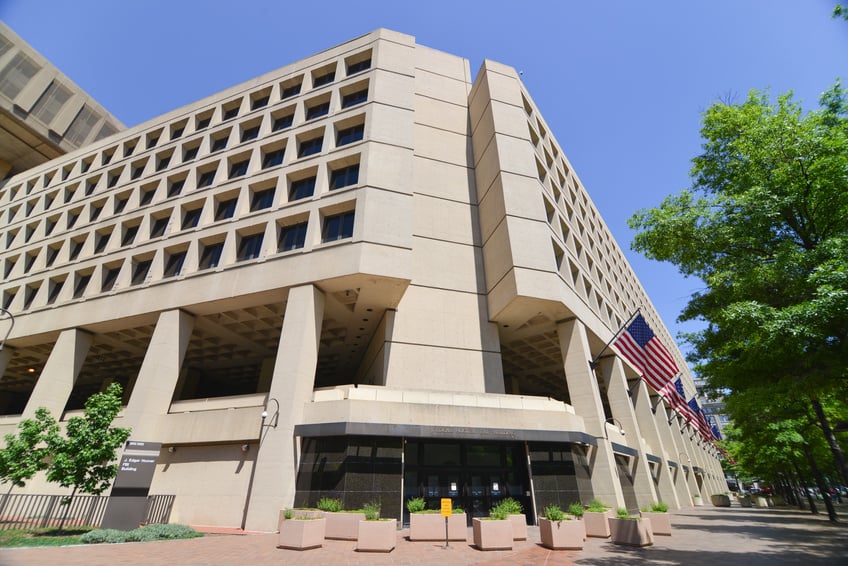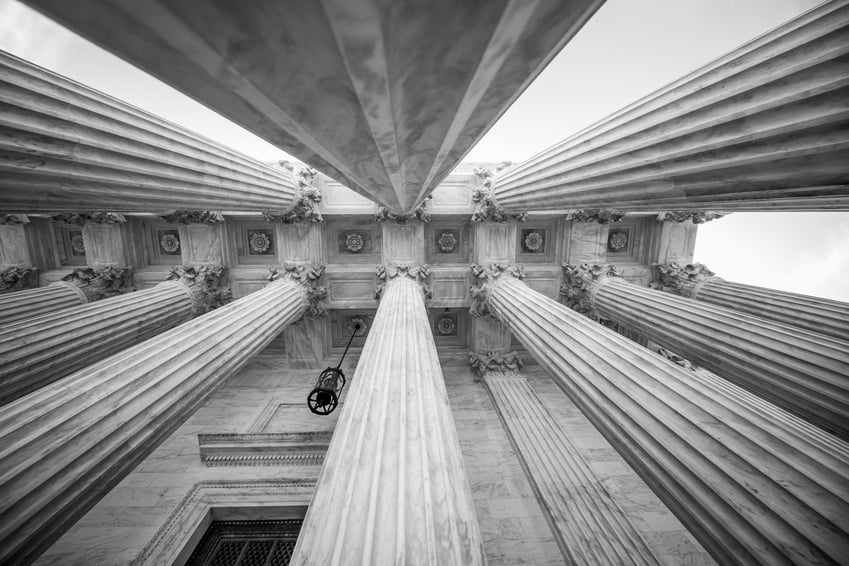Baker McKenzie’s Government Procurement Update resource center gives you the latest guidance, trends and enforcement actions related to government procurement (both US government contracting and international financing institutions), including suspension and debarment, bid protests, and False Claims Act defense. Calling upon our deep bench of more than 4,000 lawyers and legal professionals worldwide, we will occasionally feature guest practitioners to write about related topics in the criminal, civil, and administrative context. Readers can expect to find practical guidance and tips for compliance with public procurement policies as well as best practices for managing government inquiries and litigation.
On December 6, 2021, the White House issued the first ever consolidated United States Strategy on Countering Corruption. The Strategy follows President Biden’s June 3, 2021 memo that established the tackling of corruption as a central US national security interest.
On June 8, 2021, the White House published a set of reports on the 100-day interagency reviews conducted pursuant to Executive Order 14017 “America’s Supply Chains” (“the Reports”). The Reports were accompanied by a White House Fact Sheet summarizing the key findings, expressing support for some of the policy recommendations, and announcing additional Biden Administration measures directed at strengthening the resilience of the country’s supply chains.
In Baker McKenzie’s Government Procurement Update, you will find the latest guidance, trends and enforcement actions related to government procurement (both U.S. government contracting and International Financing Institutions), including suspension and debarment, bid protests, and False Claims Act defense. Calling upon our deep bench of 4000+ lawyers and legal professionals worldwide, we will occasionally invite guest practitioners to write about related topics in the criminal, civil, and administrative context. Readers can expect to find practical guidance and tips for compliance with public procurement policies as well as best practices for managing government inquiries and litigation.
On June 8, 2021, the White House published a set of reports on the 100-day interagency reviews conducted pursuant to Executive Order 14017 “America’s Supply Chains”. The Reports were accompanied by a White House Fact Sheet summarizing the key findings, expressing support for some of the policy recommendations, and announcing additional Biden Administration measures directed at strengthening the resilience of the country’s supply chains.
The Biden Administration has taken some initial steps towards identifying vulnerabilities in the semiconductor manufacturing and advanced packaging supply chain, which was one of the four critical supply chains addressed in President Biden’s February 24, 2021 Executive Order on “America’s Supply Chains” (“the Supply Chain EO“). As detailed in our…
Welcome to Baker McKenzie’s Suspension & Debarment Corner. Here you will find the latest information, trends and enforcement actions related to government procurement, including suspension and debarment, bid protests, False Claims Act defense and related topics. Calling upon our deep bench of 4000+ lawyers and legal professionals worldwide, we will occasionally call upon guest practitioners to write about related topics including white collar criminal convictions or civil judgments relating to fraud, antitrust violations, theft, bribery, and tax evasion. Readers can expect to find practical guidance and tips for compliance with public procurement policies as well as best practices for managing allegations of misconduct.
Last week, the US Supreme Court rejected two petitions, Care Alternatives v. United States, 2021 U.S. LEXIS 915 (Feb. 22, 2021) and RollinsNelson LTC Corp. v. United States ex. rel. Winters, 2021 U.S. LEXIS 1045 (Feb. 22, 2021) that could have helped resolve a circuit split involving the US. False Claims Act, 31 U.S.C. §§ 3729 – 3733 (“FCA” or “Act”). The petitions sought to determine whether the FCA requires evidence of “objective falsity” in order to establish a violation of the Act.
On 22 June 2020, the US Court of Appeals for the Second Circuit affirmed the convictions of two foreign nationals, Juan Angel Napout and Jose Maria Marin, former officials of the Fédération Internationale de Football Association (FIFA) and the Confederación Sudamericana de Fútbol (CONMEBOL), for conspiracy to commit honest services wire fraud. The Second Circuit held that the use of US wire services could be sufficient in itself to confer US jurisdiction over foreign nationals in such prosecutions, even if the remainder of the fraudulent scheme took place outside of the US.
In 2017, Napout and Marin were convicted of conspiracy to commit honest services wire fraud (among other charges) after the jury found that they had accepted bribes from media and marketing companies in exchange for giving them broadcasting and marketing rights in connection with football tournaments under their control. In 2019, the pair jointly appealed their convictions, which the Second Circuit affirmed.









